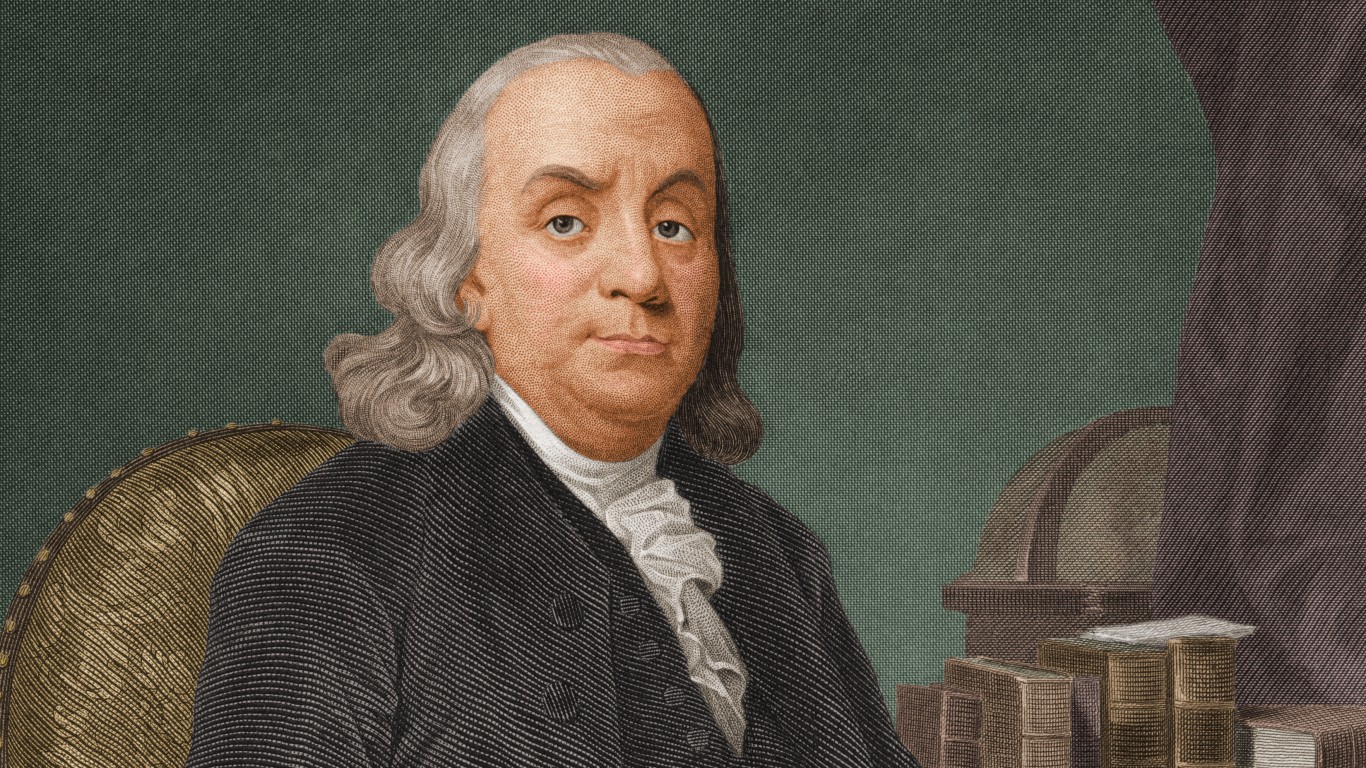Investing
Wall Street Loves This 4.88% Dividend Stock and So Will Passive Income Investors

Published:

Mutual funds are popular with individual investors who want the diversity of a portfolio containing a variety of securities, but who lack the investment capital to afford to buy those securities individually. Within the panoply of mutual funds, investors can invest in high growth tech stock funds, tax-free municipal bond funds, funds that are dedicated to specific regions, like Southeast Asia or South America, and many others.
Franklin Resources, Inc. (NYSE: BEN), is the NY Stock Exchange listed holding company for the Franklin Templeton family of mutual funds. Numbering over 450 mutual funds and covering practically every existing permutation of capital markets investing opportunity, it has been public on the NYSE since 1986, and has continued to offer new funds for individual investors to partake in each new trend. Founded during the post WWII era, Franklin Resources has a solid history of prudent and steady growth and wealth building, as befits being the namesake of one of the most famous US founding fathers to be found on US currency.

The firm was founded by Rubert Johnson, owner of a successful retail brokerage firm, in 1947. It was named after Benjamin Franklin, in honor of the investing and saving principles of “frugality and prudence” that Franklin often referenced in his many writings. The first Franklin Custodian Funds were conservative equity and bond predicated mutual funds marketed to a wide range of investors.

Johnson’s sons, Charlie and Rupert Jr., would take over running Franklin in the ensuing years. In 1957, the fund was managing $2.5 million. By 1989,thanks to a series of acquisitions and other savvy expansion and international business moves, Franklin had grown to over $40 billion AUM. During the 1990s, Franklin’s acquisition of Sir John Templeton’s equity funds from Templeton, Galbraith & Hansberger, Ltd. solved the problem of Franklin’s overweighting in fixed-income funds.
Charlie would continue as CEO and then remain Chairman as his son, Greg, took over in 2005, when Franklin entered the 21st century. He would steer Franklin in new directions, such as creating its first ETF, and commenced explorations in alternative credit structures.

Greg would step down to assume the Executive Chairman role and leave the CEO position to his sister, Jenny, in 2020. She spearheaded additional acquisitions, such as Pennsylvania Trust, Athena Capital, Advisor Engine, O’Shaughnessy Asset Management, Putnam Investments, alternative investment specialists Lexington Partners (private equity) and Alcentra (alternative credit), and the the largest coup: Legg Mason. The Legg Mason deal essentially gave Franklin a cumulative $1.4 trillion AUM. (This has grown since to $1.6 trillion as of the end of March, 2024).
Private investing, alternative markets, and AI are all new frontiers in which Franklin now has fund vehicles involved in, to various degrees.

Some analysts have noted that Franklin’s focus has been to pursue growth at the expense of cost cutting, which has lowered profit margins over the past consecutive quarters. Nonetheless, some other analysts, such as Zacks, feel that the resultant pullback in stock price represents a buy opportunity, and that Franklin’s track record for positive earnings surprises can spur buying and a subsequent price uptick. Of the 12 Wall Street analysts covering the stock, the consensus price target is $27.71, which is 10% above the current market price.

Franklin Resources has never missed a dividend, going back to 1995 and before, thus upholding its “frugality and prudence” motto. At the time of this writing, Franklin Resources stock is yielding 4.88%. Of course, there are income specific mutual funds within the Franklin funds family that may yield more, but will likely lack the upside capital appreciation potential.
Franklin is a name that has become synonymous with mutual funds, and its reputation has been built on the 75+ years of continual growth and satisfied investors that have been a part of its legacy.
The last few years made people forget how much banks and CD’s can pay. Meanwhile, interest rates have spiked and many can afford to pay you much more, but most are keeping yields low and hoping you won’t notice.
But there is good news. To win qualified customers, some accounts are paying almost 10x the national average! That’s an incredible way to keep your money safe and earn more at the same time. Our top pick for high yield savings accounts includes other benefits as well. You can earn up to 3.80% with a Checking & Savings Account today Sign up and get up to $300 with direct deposit. No account fees. FDIC Insured.
Click here to see how much more you could be earning on your savings today. It takes just a few minutes to open an account to make your money work for you.
Thank you for reading! Have some feedback for us?
Contact the 24/7 Wall St. editorial team.